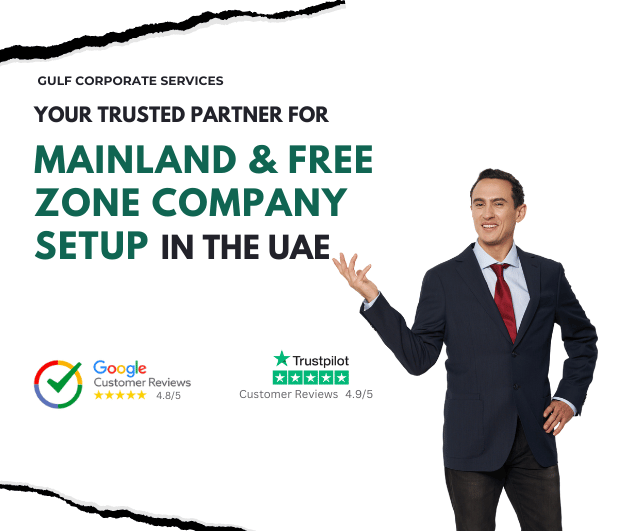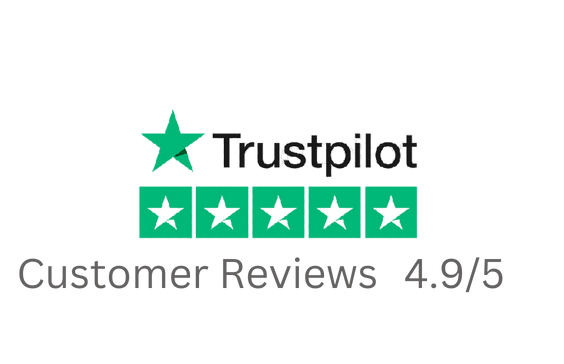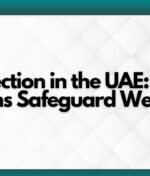
Table of Contents
- Introduction
- What is an Agricultural Production License?
- Importance of Agriculture in Dubai’s Economy
- Types of Activities Covered by an Agricultural Production License
- Steps to Obtain an Agricultural Production License
- Mainland vs Free Zone
- Required Documents
- Application Process
- Legal Compliance and Regulations
- Related Licenses
- Greenhouse License
- Farming License
- Environmental Management License
- Costs Involved in Acquiring an Agricultural Production License
- Benefits of an Agricultural Business in Dubai
- Conclusion
1. Introduction
While Dubai is largely known for its skyscrapers and luxurious lifestyle, the agricultural sector remains a fundamental part of its economy. The UAE government is increasingly encouraging investment in modern farming techniques and agricultural production as part of its broader strategy to diversify the economy and reduce reliance on food imports. Obtaining an Agricultural Production License in Dubai opens up opportunities for businesses to engage in processing, packaging, and distributing farm produce locally and internationally.
This guide provides a comprehensive overview of the steps, benefits, and requirements for obtaining an Agricultural Production License in Dubai, as well as the significance of modern agriculture in the region.
2. What is an Agricultural Production License?
An Agricultural Production License allows businesses to engage in the processing, packaging, and distribution of agricultural products, such as fruits, vegetables, grains, and livestock. This license is ideal for businesses that want to handle post-harvest activities, including cleaning, cutting, and preparing crops for sale in local and international markets.
Agricultural production businesses may also focus on the processing of dairy, meat, and fish products. By securing an Agricultural Production License, businesses can integrate farming with value-added activities, such as producing organic or packaged goods.
3. Importance of Agriculture in Dubai’s Economy
The UAE has a growing emphasis on food security, and modern agricultural production is crucial to achieving this goal. With the implementation of smart farming technologies, the country is making strides toward reducing its dependence on food imports. Dubai, in particular, supports businesses that focus on producing food locally, processing it efficiently, and distributing it in the domestic and export markets.
The agricultural production sector aligns with the UAE’s vision of achieving sustainability in food production, utilizing technology, and adopting eco-friendly practices. The UAE is investing heavily in agricultural technologies, such as hydroponics, vertical farming, and smart irrigation systems, to ensure that food production is optimized in the region.
4. Types of Activities Covered by an Agricultural Production License
An Agricultural Production License covers a wide range of activities, including:
- Crop Processing: Cleaning, cutting, and packaging fruits, vegetables, and grains for sale. This is especially relevant for businesses that wish to process organic and locally sourced crops.
- Livestock Processing: Handling and packaging meat products, including beef, poultry, and lamb. Businesses must adhere to health and safety regulations to ensure quality and compliance.
- Dairy Processing: Producing and packaging dairy products such as milk, cheese, and yogurt, including organic and processed dairy.
- Fish and Seafood Processing: Cleaning, preparing, and packaging fish and seafood for local and international markets.
- Grain Milling: Processing grains like wheat, rice, and barley into flour and other products for distribution.
- Canning and Preserving: Businesses can produce canned and preserved food items, such as sauces, jams, and pickled vegetables.
This license is essential for businesses looking to add value to agricultural products by processing them for consumer use, either as raw produce or packaged goods.
5. Steps to Obtain an Agricultural Production License
Step 1: Mainland vs Free Zone
You can establish your agricultural production business in Mainland Dubai or a Free Zone.
- Mainland Business Setup: Allows you to freely operate within Dubai’s local markets and export products internationally. Mainland businesses are subject to VAT, but they can benefit from lower operational restrictions.
- Free Zone Business Setup: Free zones like Dubai Industrial City or Jebel Ali Free Zone offer tax exemptions, 100% foreign ownership, and no customs duties on exports. These areas are ideal for large-scale agricultural production aimed at international markets.
Step 2: Required Documents
The documents needed to apply for an Agricultural Production License include:
- Passport copies of shareholders or business partners
- Emirates ID copies (for residents)
- No Objection Certificate (NOC) from the current employer (if applicable)
- Memorandum of Association (MOA)
- Trade name reservation certificate
- Land or lease agreement (for your production facility)
Step 3: Application Process
- Choose Jurisdiction: Select either the mainland or a free zone to establish your business.
- Trade Name Registration: Choose and register your trade name with the Department of Economic Development (DED) or relevant free zone authority.
- Submit Required Documents: Provide the necessary documents, including a MOA, trade name certificate, and lease agreement.
- Receive License: Upon approval, your Agricultural Production License will be issued, allowing you to begin operations.
6. Legal Compliance and Regulations
Agricultural production businesses must comply with various regulations to ensure that their operations are safe, sustainable, and environmentally friendly. Compliance is also critical for gaining certification for organic or specialty products.
Food Safety and Quality Control
The Dubai Municipality oversees food safety standards and inspections to ensure that businesses adhere to the highest quality protocols. If your business is processing meat, dairy, or fish products, you must ensure that facilities meet hygienic standards and that all products are properly labeled and traceable.
Environmental Regulations
Agricultural production businesses are required to adopt sustainable practices, such as efficient water use and waste management. This ensures compliance with the UAE’s environmental goals and sustainable agricultural practices.
VAT Compliance
If your business revenue exceeds AED 375,000 annually, you are required to register for VAT with the Federal Tax Authority. Agricultural products are subject to VAT, and businesses must maintain accurate tax records.
7. Related Licenses
Greenhouse License
If you plan to grow crops or raise livestock using a greenhouse or other climate-controlled methods, it may be beneficial to also hold a Greenhouse License. This license complements the Agricultural Production License by allowing you to cultivate crops before processing them.
Farming License
The Farming License permits you to engage in traditional farming practices, including crop cultivation and livestock raising. This license is often paired with the Agricultural Production License to create a vertically integrated business.
Environmental Management License
An Environmental Management License is important for agricultural production businesses focused on sustainable practices. This ensures that your business complies with environmental laws and promotes green farming methods.
8. Costs Involved in Acquiring an Agricultural Production License
The costs of obtaining an Agricultural Production License can vary based on the size of your business, location, and whether you are operating in a mainland or free zone.
- License Fees: AED 15,000 – AED 25,000 annually
- Trade Name Registration: AED 1,000 – AED 2,000
- Facility Setup Costs: Building or leasing a production facility could cost between AED 500,000 – AED 5 million, depending on the size and technology required.
- Visa Costs: AED 5,000 – AED 10,000 per visa for shareholders and employees
- Compliance Costs: VAT registration, quality control measures, and food safety certifications may require additional costs.
9. Benefits of an Agricultural Business in Dubai
High Demand for Local Products
As Dubai increasingly emphasizes food security, there is strong demand for locally produced agricultural products. Businesses involved in agricultural production can supply high-quality goods to supermarkets, restaurants, and export markets.
Government Support
Dubai’s government supports agricultural production through grants, subsidies, and tax incentives, particularly for businesses focused on sustainable agriculture and food processing.
Technological Advancements
Dubai is at the forefront of using agricultural technology like hydroponics, aquaponics, and vertical farming. These innovations help businesses reduce costs, increase productivity, and maximize land use.
10. Conclusion
Obtaining an Agricultural Production License in Dubai allows you to take advantage of the growing demand for high-quality, locally produced agricultural products. The UAE government’s push for sustainability and food security ensures that agricultural businesses will continue to play a crucial role in the region’s economy.
For further assistance in applying for an Agricultural Production License or other related licenses, consult our expert team today.








